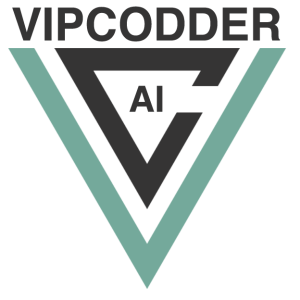As modern supply chains grow, they also become more complex and heterogeneous.
Traditional supply chains rely on paper-based, disjointed, and siloed data systems that make product tracking a time-consuming process.
Lack of traceability, transparency, and transparency is a common industry issue that causes delays, mistakes, and higher costs.
Modern supply chain participants require a single view of data while independently and privately verifying transactions such as a production and transport update.
Vipcodder Managed Blockchain supply chain solutions provide the complete visibility that modern supply chains require to monitor and trace their whole production process with greater automation efficiency.
Traceability refers to the process of tracking a product’s provenance throughout its entire supply chain journey, from raw material, to multiple geographic regions, to processing and manufacturing, to regulatory control, to retailers, and finally to consumers.
In today’s modern supply chains, traceability is often hindered by outdated paper processes and disparate data systems that impede communication.
The lack of data compatibility can expose supply chains to issues such as:
Visualization gaps
Inaccurate supply and demand predictions
Manual errors
Counterfeit and compliance violations
Blockchain technology can be used to create applications that allow multiple parties to conduct transactions directly on a peer-to-peer network without the need for a central authority to verify transactions. Each network participant has access to a shared ledger that immutably and cryptographically records all transactions, and there is no single network owner.
Blockchain allows supply chain companies to document production updates on a single shared ledger, providing complete data transparency and a single source of truth. Transactions are always time-stamped and up-to-date, allowing businesses to query the status and location of their products at any time. This helps address issues such as counterfeit products, non-compliance, delays, and waste. Additionally, immediate action can be taken in emergencies (such as product recalls) and legal compliance is ensured through ledger audit trails. Furthermore, by combining blockchain with intelligent technologies such as the Internet of Things, supply chains can automate the tracking of production, transportation, and quality control conditions. Companies can also choose to share tracking data with customers to verify product authenticity and ethical supply chain practices.
Rohit Sharma, Digital Technology Manager, Rivac Pharma.

